Rivastigmine 3 mg Capsule Uses, Dosage, MOA, Side Effects & Price – PYRITIGMIN RIVA 3
Sep 08, 2025
Introduction
Cognitive decline and dementia are some of the most challenging health conditions faced by patients and families worldwide. Disorders like Alzheimer’s disease and Parkinson’s disease dementia gradually affect memory, thinking, and the ability to perform everyday tasks, impacting overall quality of life. To help manage these symptoms, doctors often prescribe cholinesterase inhibitors, a class of medications that work by enhancing the levels of key brain chemicals involved in memory and learning. One such trusted medicine is Rivastigmine 3 mg Capsule, marketed under the brand name PYRITIGMIN RIVA 3 by Steris Healthcare. This medicine is especially important for patients in whom lower doses (like Rivastigmine 1.5 mg) are tolerated, and treatment needs to be stepped up for better control of dementia-related symptoms.
Composition of Rivastigmine 3 mg Capsule
-
Active Ingredient: Rivastigmine 3 mg
-
Brand Name: PYRITIGMIN RIVA 3
-
Form: Capsule
-
Category: Cholinesterase Inhibitor
-
Manufacturer: Steris Healthcare
Each capsule of PYRITIGMIN RIVA 3 contains 3 mg of Rivastigmine as the active drug, along with carefully selected excipients (inactive ingredients) that ensure drug stability, absorption, and effectiveness.
What is Rivastigmine 3 mg?
Rivastigmine 3 mg is a central nervous system (CNS)-acting drug designed to manage dementia symptoms caused by Alzheimer’s disease and Parkinson’s disease.
-
It belongs to the class of medicines called cholinesterase inhibitors.
-
Rivastigmine works by blocking the breakdown of acetylcholine, an important neurotransmitter involved in learning, memory, and thinking.
-
Increasing acetylcholine levels helps improve communication between brain cells, which can slow the progression of dementia and improve daily functioning.
PYRITIGMIN RIVA 3 is usually prescribed after the patient has adjusted well to lower doses (such as 1.5 mg twice daily). It provides a balance of higher efficacy while minimizing side effects.
Rivastigmine 3 mg Uses
Rivastigmine 3 mg capsules are widely prescribed for:
1. Alzheimer’s Disease Dementia
-
Improves memory, judgment, attention span, and daily activity performance.
-
Helps slow down the progression of symptoms.
2. Parkinson’s Disease Dementia
-
Enhances attention and recall ability.
-
Reduces confusion, hallucinations, and behavioral disturbances in Parkinson 's-related dementia.
3. Supportive Cognitive Therapy
-
Maintains mental alertness in dementia patients.
-
Improves the patient’s quality of life by supporting independence in daily tasks.
Rivastigmine Mechanism of Action (MOA)
Rivastigmine works through a dual enzyme inhibition mechanism:
-
Inhibition of Acetylcholinesterase
-
This enzyme normally breaks down acetylcholine, a brain chemical vital for memory and learning.
-
-
Inhibition of Butyrylcholinesterase
-
Provides an added effect, making Rivastigmine effective in a broader range of dementia symptoms compared to some other drugs in its class.
-
By inhibiting both enzymes, Rivastigmine increases acetylcholine availability in the brain, improving nerve communication and supporting cognitive function.
Rivastigmine 3 mg Dosage and Administration
-
Starting Dose: Patients generally begin with 1.5 mg twice daily.
-
Titration: If tolerated, the dose is increased to 3 mg twice daily.
-
Administration Tips:
-
Swallow capsules whole with a glass of water.
-
Take with meals to minimize gastrointestinal discomfort.
-
Do not crush or chew the capsules.
-
Important: Dosage adjustments should only be made by a healthcare professional. Stopping suddenly can worsen dementia symptoms.
Benefits of Rivastigmine 3 mg Capsule (PYRITIGMIN RIVA 3)
-
Improves memory, focus, and problem-solving ability.
-
Helps patients perform daily living activities more independently.
-
Reduces behavioral and psychiatric symptoms like confusion, irritability, or agitation.
-
Provides a step-up dose for patients who have adjusted to lower strengths.
-
Well-studied and clinically proven for dementia management.
Rivastigmine 3 mg Side Effects
Like all medications, Rivastigmine may cause side effects.
Common Side Effects (Mild & Temporary)
-
Nausea and vomiting
-
Loss of appetite
-
Weight loss
-
Diarrhea
-
Headache or dizziness
-
Tremors
-
Fatigue
Serious Side Effects (Rare but Important)
-
Severe vomiting and dehydration
-
Allergic reaction (rash, swelling, difficulty breathing)
-
Heart rhythm changes (slow heartbeat, fainting)
If serious side effects occur, contact your doctor immediately.
Precautions Before Taking Rivastigmine 3 mg
-
Inform your doctor if you have heart disease, liver/kidney problems, asthma, or stomach ulcers.
-
Use carefully in patients with low blood pressure or those prone to fainting.
-
Not advised during pregnancy and breastfeeding unless specifically prescribed.
-
Avoid abrupt discontinuation.
-
Monitor weight, appetite, and hydration levels regularly.
Drug Interactions of Rivastigmine 3 mg
Rivastigmine may interact with:
-
Cholinergic drugs (e.g., pilocarpine) → may increase side effects.
-
Anticholinergic drugs (e.g., atropine) → may reduce Rivastigmine’s effect.
-
Beta-blockers or antiarrhythmic drugs → risk of slow heart rate.
-
NSAIDs & anticoagulants → increased risk of gastrointestinal bleeding.
Always share your full medication list with your doctor before starting therapy.
Rivastigmine 3 mg Price in India
The cost of Rivastigmine 3 mg (PYRITIGMIN RIVA 3) depends on the pharmacy, pack size, and location. For the most accurate price, check with local chemists or contact Steris Healthcare directly for supply details.
FAQs about Rivastigmine 3 mg (PYRITIGMIN RIVA 3)
Q1. What is Rivastigmine 3 mg used for?
Rivastigmine 3 mg is prescribed for dementia associated with Alzheimer’s disease and Parkinson’s disease, helping improve memory, focus, and daily living.
Q2. How does Rivastigmine work?
It blocks enzymes (acetylcholinesterase & butyrylcholinesterase) that break down acetylcholine, thereby improving brain cell communication.
Q3. Can Rivastigmine 3 mg cure dementia?
No, Rivastigmine does not cure dementia but helps slow disease progression and manage symptoms.
Q4. What is the starting dose of Rivastigmine?
Treatment usually starts at 1.5 mg twice daily, and if tolerated, is increased to 3 mg twice daily.
Q5. Can I stop taking Rivastigmine suddenly?
No. Stopping abruptly may worsen dementia symptoms. Always follow your doctor’s advice.
Q6. What are the common side effects?
Nausea, vomiting, diarrhea, dizziness, headache, tremors, and loss of appetite.
Q7. Is Rivastigmine safe in pregnancy?
It should only be used if clearly prescribed by a doctor. Discuss risks and benefits with your physician.
Conclusion
Rivastigmine 3 mg Capsules (PYRITIGMIN RIVA 3) are a trusted treatment option for mild to moderate dementia associated with Alzheimer’s and Parkinson’s disease. Boosting acetylcholine levels in the brain helps improve memory, thinking ability, and daily life activities. While it does not cure dementia, it provides significant symptom relief and slows progression, improving quality of life for patients and caregivers. Always take Rivastigmine under medical supervision, follow the recommended dosage, and maintain regular health check-ups for the best results.
Recent Post
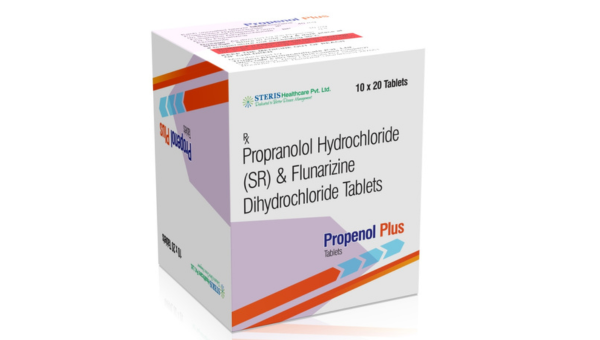
Propranolol 40mg + Fluoperazine 10mg: Benefits, Side Effects & Dosage Explained
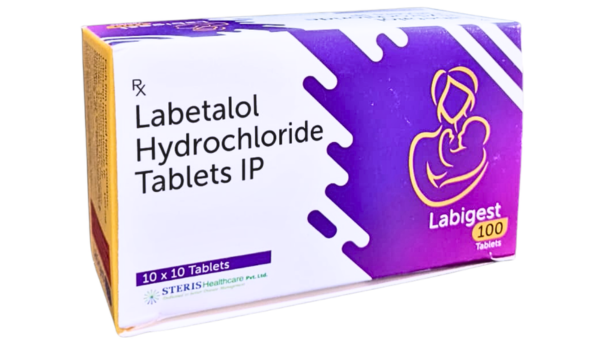
Labetalol 100mg: Uses, Benefits, and What You Should Know About Side Effects
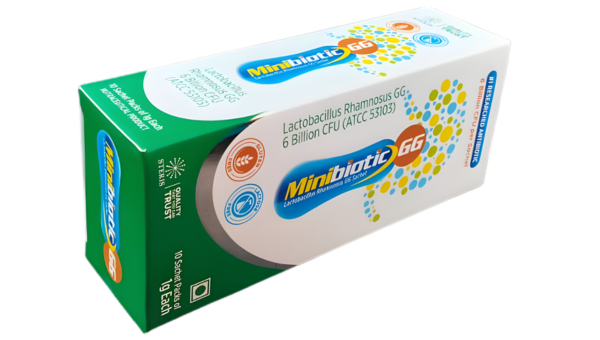
Lactobacillus Rhamnosus GG 6 Billion CFU : Uses, Benefits, and Possible Side Effects Explained
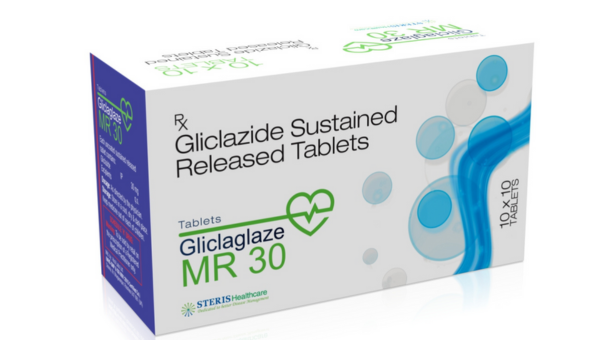
Gliclazide Sustained Release Tablets Explained: Uses, Benefits, and Safety
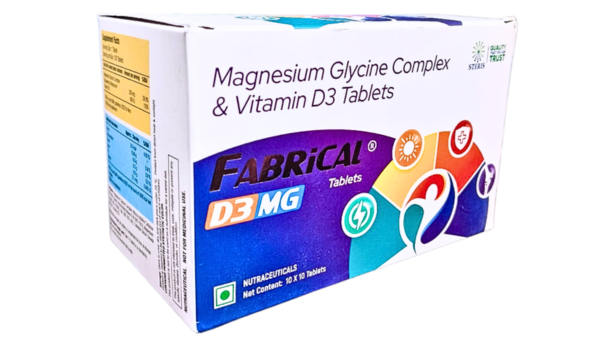
Magnesium Glycine Complex & Vitamin D3 Tablets for Strong Bones and Active Life

Calcium Citrate Maleate, Magnesium Bisglycinate, Vitamin D3, Vitamin K27, Zinc, and Methylcobalamin :FABRICAL MG K27 Tablets

elagolix tablet by steris pharma ELIGOLUX 150, ELIGOLUX 200
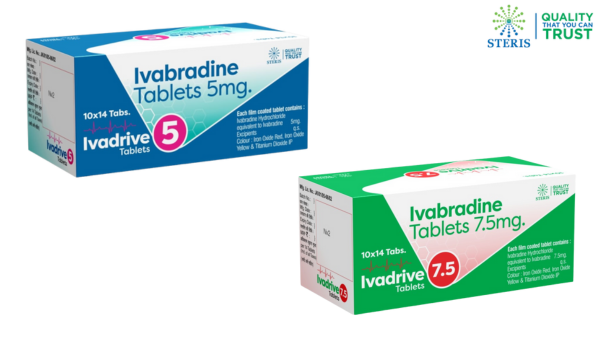
Ivabradine tablet : uses and benefits
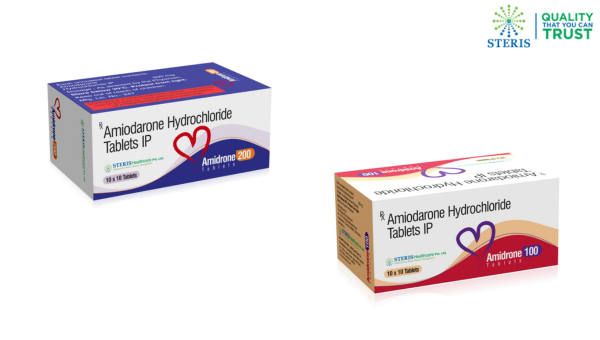
amiodarone hydrochloride Tablet : uses, side effcets, benefits and more
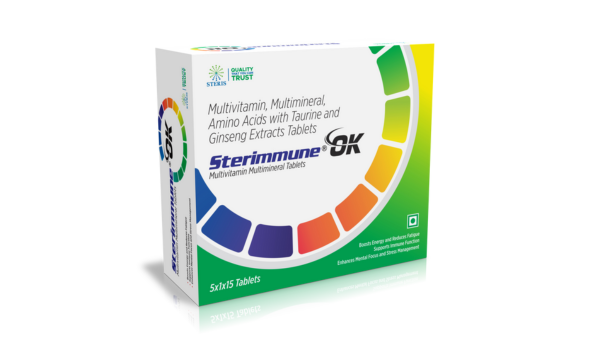
Multivitamin Multimineral Amino Acids with Taurine and Ginseng Extract Tablets : USES,


